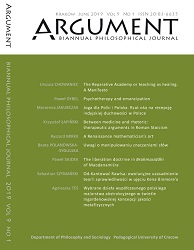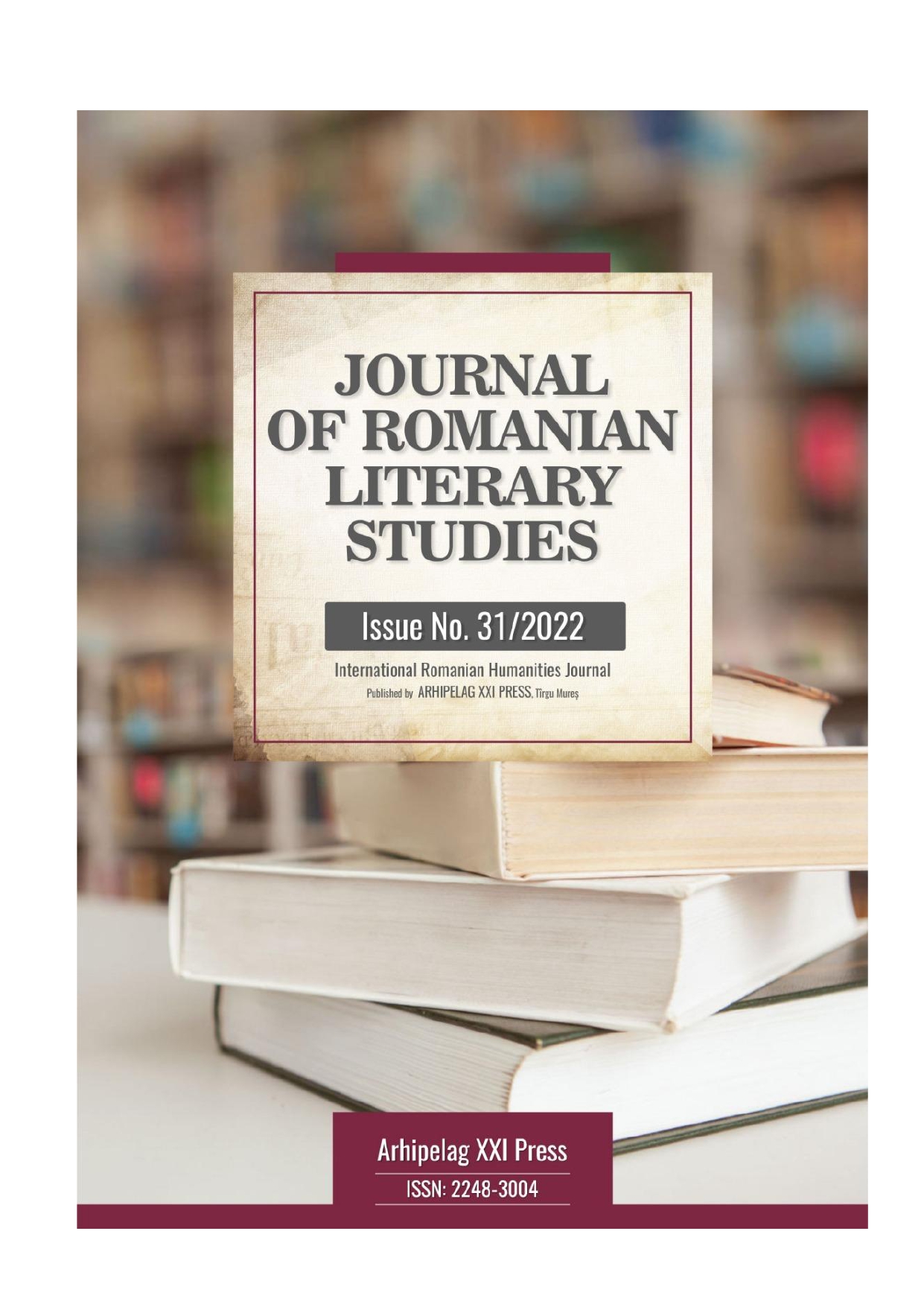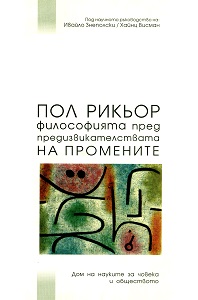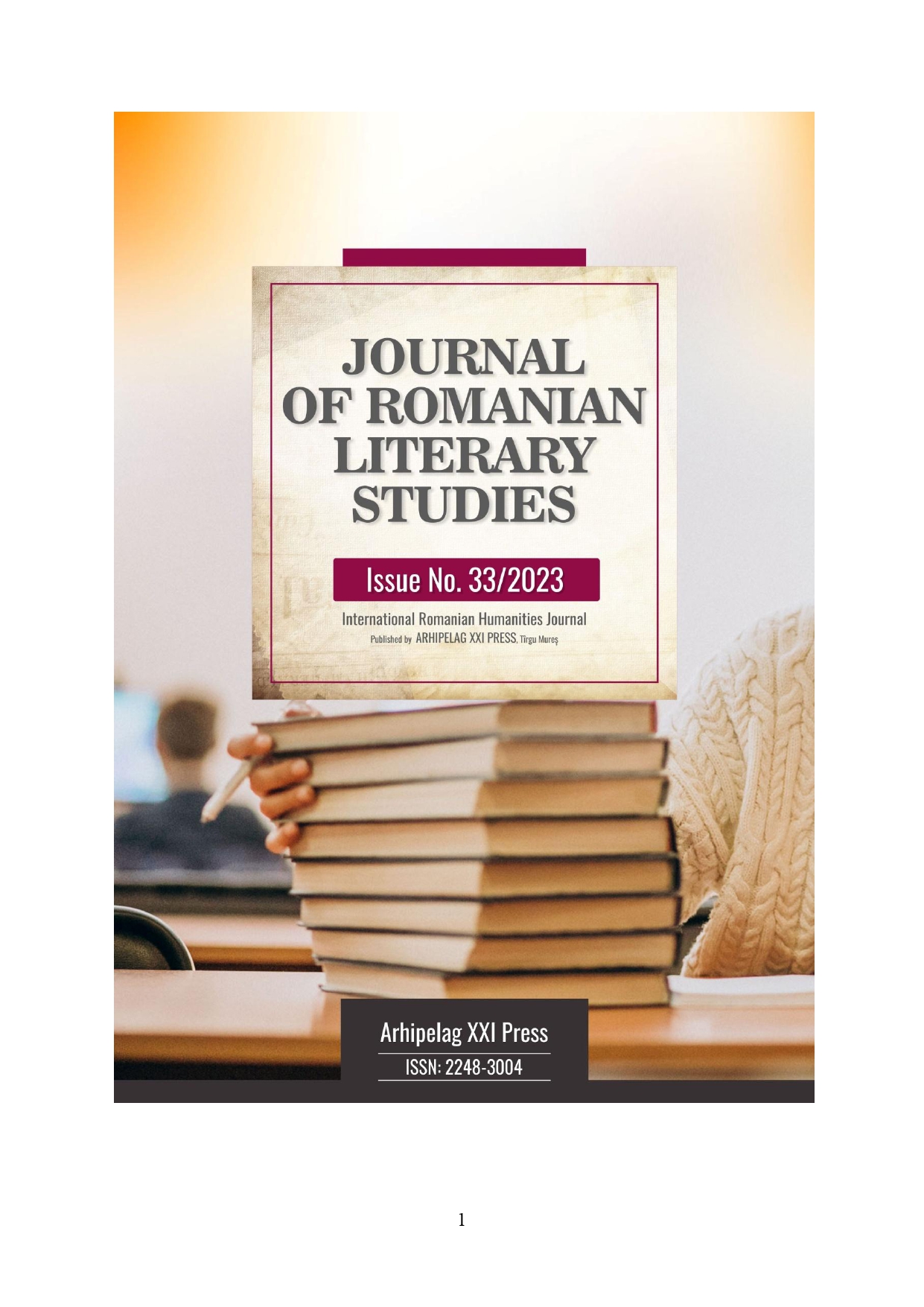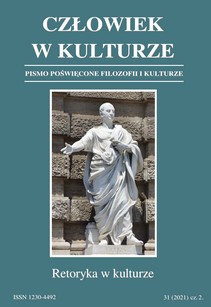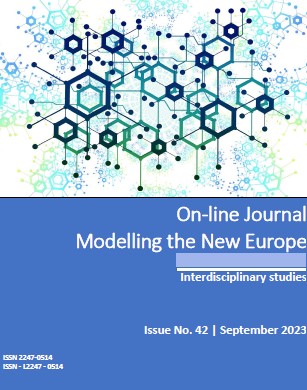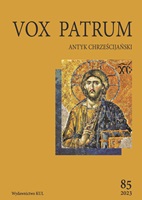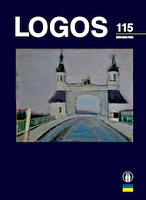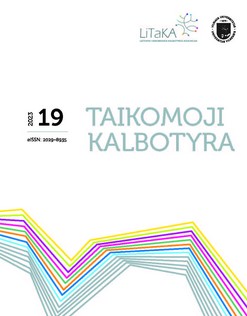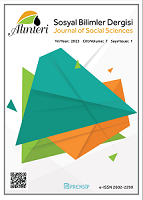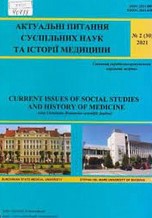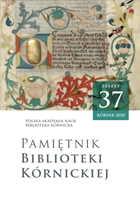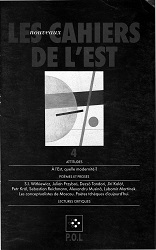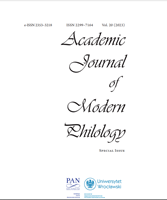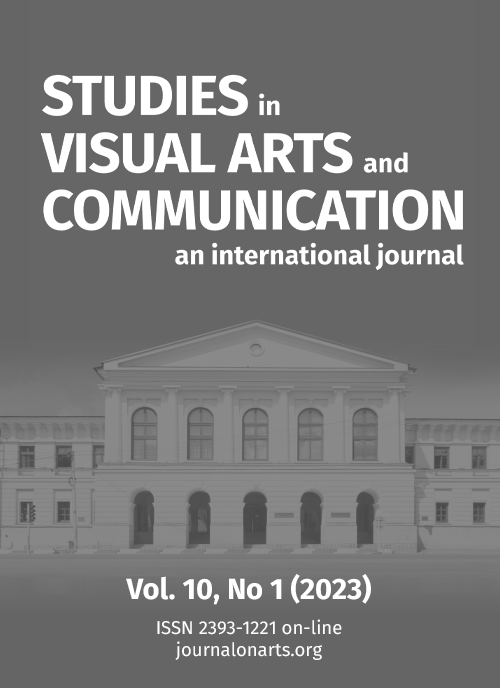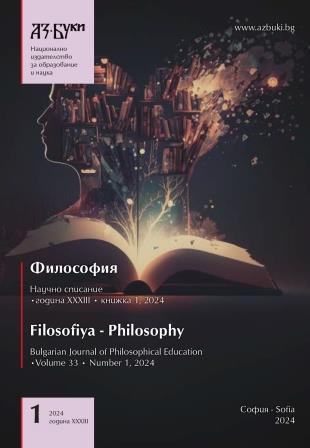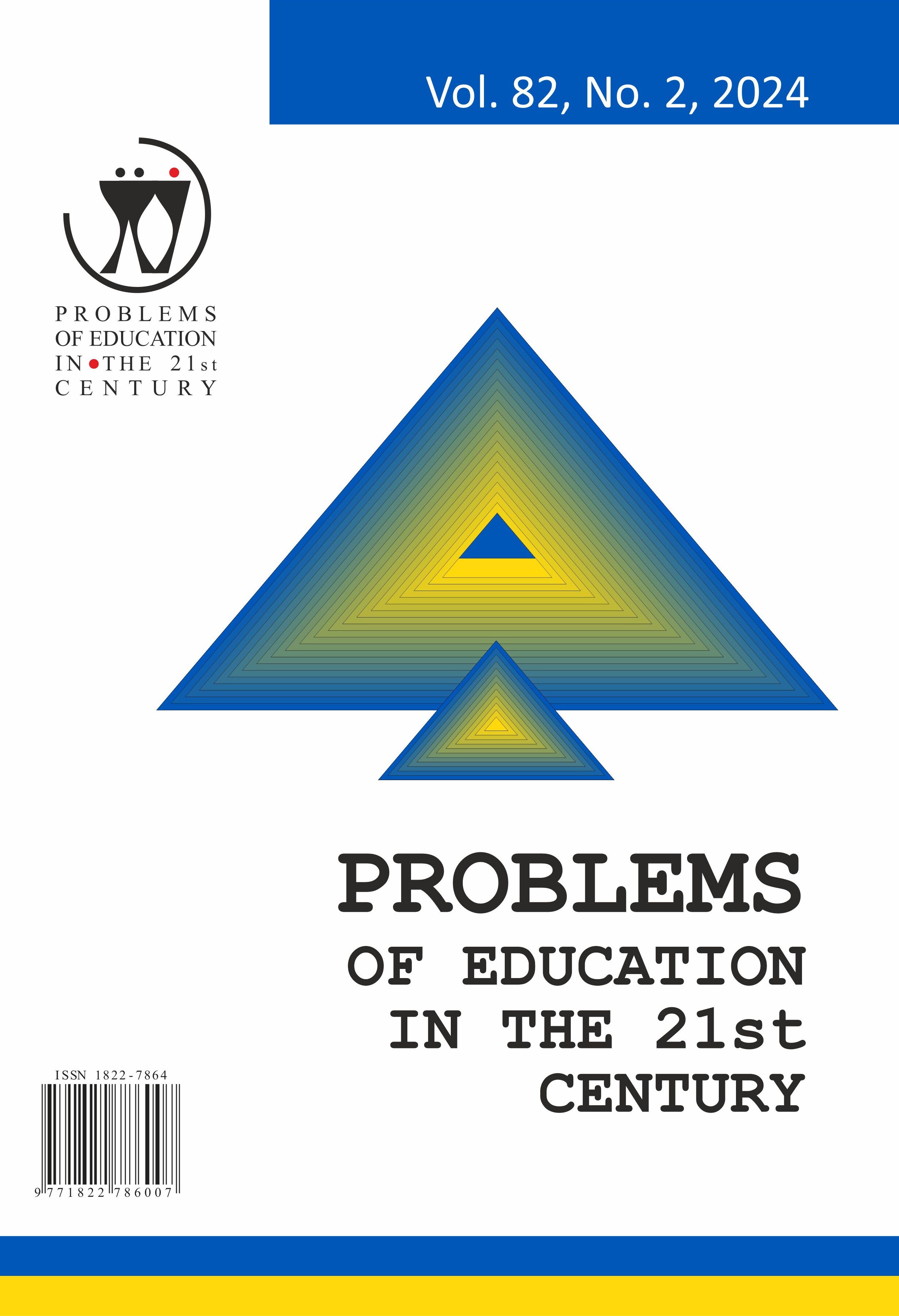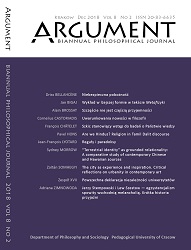
Reguły i paradoksy
Nie będę tutaj robił wykładu, chciałbym jedynie zdefiniować kilka ważnych pojęć. Po pierwsze „postmodernistyczny” jest prawdopodobnie bardzo złym terminem, ponieważ sugeruje „periodyzację” historii, otóż „periodyzacja” jest pojęciem „klasycznym” lub „modernistycznym”. „Postmodernistyczny” oznacza po prostu stan duszy lub — lepiej — stan umysłu. Można by rzec, że chodzi tutaj o zmianę stosunku do problemu znaczenia: powiedziałbym, znacząco upraszczając, że nowoczesność oznacza świadomość braku wartości w wielu działaniach. Jeśli pragniemy tego, co nowoczesne, oznacza to, iż niemożliwe staje się udzielenie odpowiedzi na pytania o sens. Romantyzm, jako brak sensu i świadomość tego braku, jest modernistyczny, a także coś takiego jak dandyzm, czy to, co Friedrich Nietzsche nazywa „aktywnym nihilizmem”, który jest nie tylko świadomością utraty sensu, ale i ożywieniem tej straty.
More...
